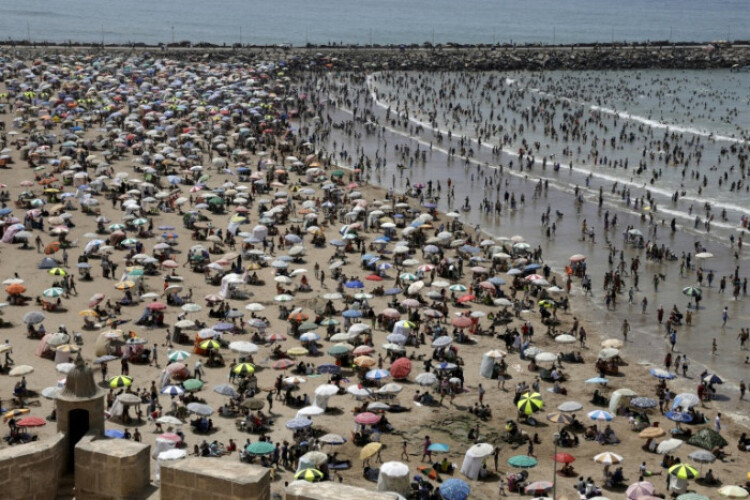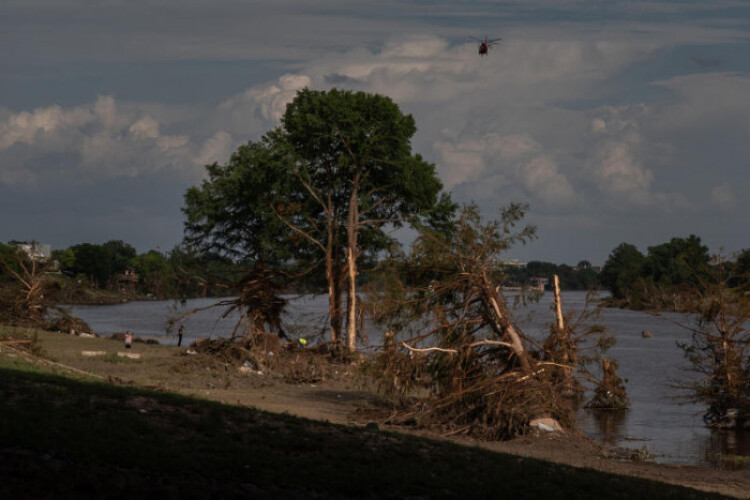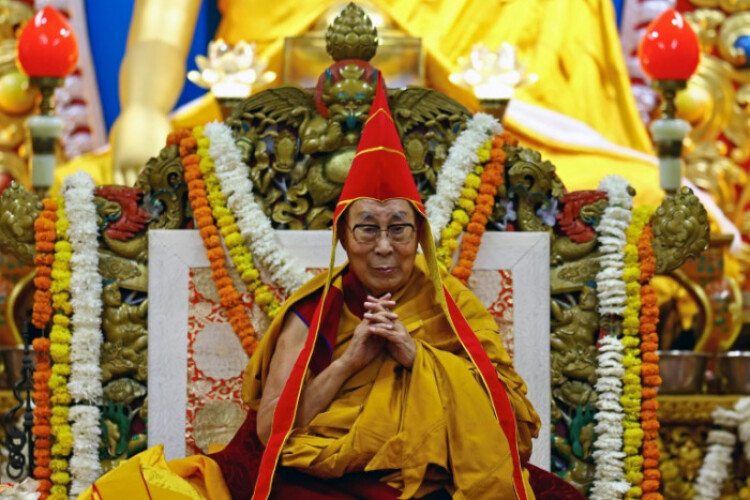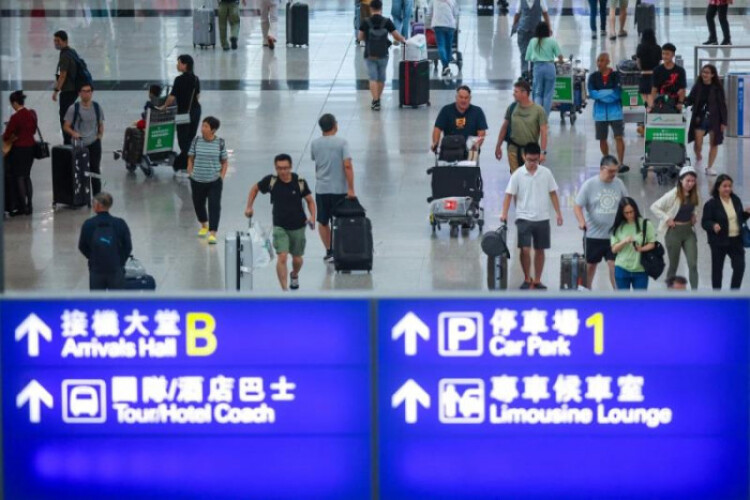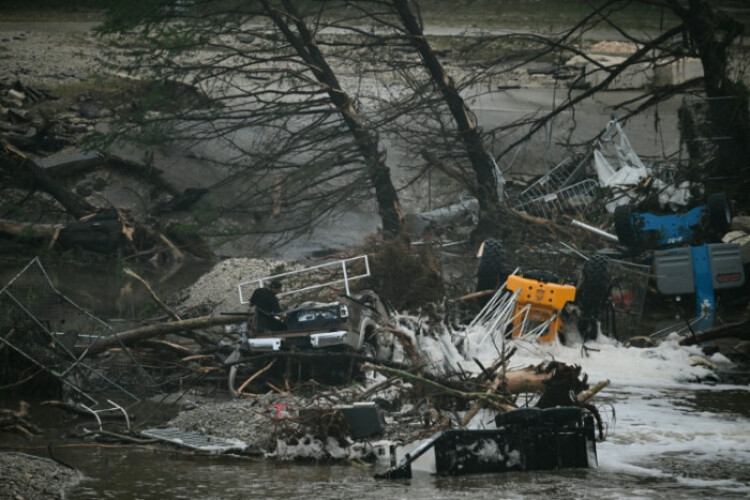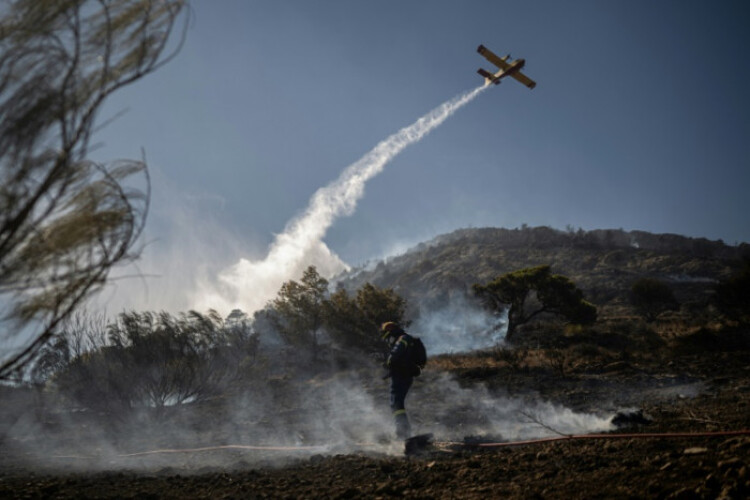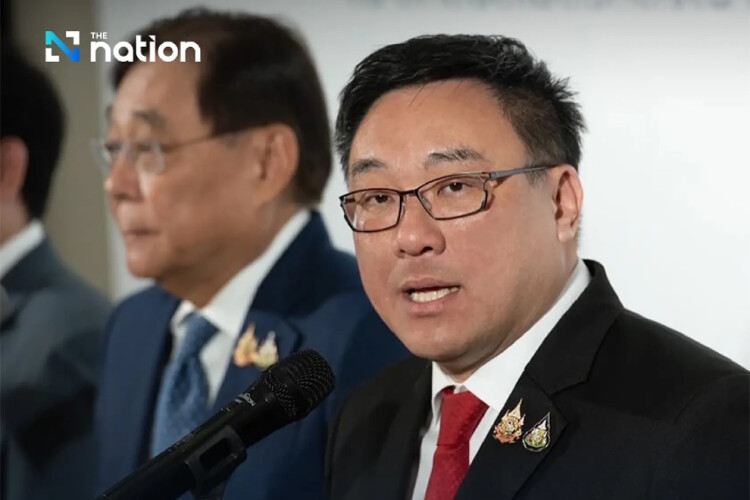
Draft of Entertainment Complex Act expected to be presented to the Cabinet by the end of the year and deliberated in parliament early in 2025
Thailand's Deputy Finance Minister Julapun Amornvivat told the media this week that the drafting of the Entertainment Complex Act is progressing as planned and should be submitted to the Cabinet for consideration by the end of this year.
Once approved, the government will push the bill to Parliament for further deliberation during the regular session, which will reopen in mid-December 2024 and run through April next year.
“This bill will be Thailand’s first law to legally establish comprehensive entertainment complexes, similar to those permitted in many countries around the world. The draft has recently undergone public hearings as required by the Constitution, with 82% of participants expressing support,” Julapun said.
According to a study by the Fiscal Policy Office (FPO), the establishment of an entertainment complex in Thailand could attract an additional 5-20% foreign tourists, increasing average spending per tourist to 60,000 baht, up from the current 40,000 baht.
“We believe the entertainment complex will support Thailand’s economic growth across various dimensions, from construction investments to becoming a tourist attraction that will create jobs for locals and employ many Thais. Training programmes will be provided to meet skill requirements," Julapun revealed.Attracting private sector investors was a strong possibility, Julapun added, but said no official discussions had yet been held with any parties.
The draft bill stipulates a minimum registered capital of 10 billion baht for such projects. Once the law is passed, a committee will be formed to review private sector proposals and determine the types of projects that best attract tourism.
The draft also allows Thai citizens to access casinos, with an entrance fee capped at 5,000 baht per visit. The project’s concession period will include a 30-year licence, renewable for another 10 years at a time, with the licence costing 5 billion baht and an annual fee of 1 billion baht.
Asia News Network/The Nation (Thailand)
Thailand's Deputy Finance Minister Julapun Amornvivat told the media this week that the drafting of the Entertainment Complex Act is progressing as planned and should be submitted to the Cabinet for consideration by the end of this year.
Once approved, the government will push the bill to Parliament for further deliberation during the regular session, which will reopen in mid-December 2024 and run through April next year.
“This bill will be Thailand’s first law to legally establish comprehensive entertainment complexes, similar to those permitted in many countries around the world. The draft has recently undergone public hearings as required by the Constitution, with 82% of participants expressing support,” Julapun said.
According to a study by the Fiscal Policy Office (FPO), the establishment of an entertainment complex in Thailand could attract an additional 5-20% foreign tourists, increasing average spending per tourist to 60,000 baht, up from the current 40,000 baht.
“We believe the entertainment complex will support Thailand’s economic growth across various dimensions, from construction investments to becoming a tourist attraction that will create jobs for locals and employ many Thais. Training programmes will be provided to meet skill requirements," Julapun revealed.Attracting private sector investors was a strong possibility, Julapun added, but said no official discussions had yet been held with any parties.
The draft bill stipulates a minimum registered capital of 10 billion baht for such projects. Once the law is passed, a committee will be formed to review private sector proposals and determine the types of projects that best attract tourism.
The draft also allows Thai citizens to access casinos, with an entrance fee capped at 5,000 baht per visit. The project’s concession period will include a 30-year licence, renewable for another 10 years at a time, with the licence costing 5 billion baht and an annual fee of 1 billion baht.
Asia News Network/The Nation (Thailand)

